How a Montessori school in the Philippines is improving their adolescent program
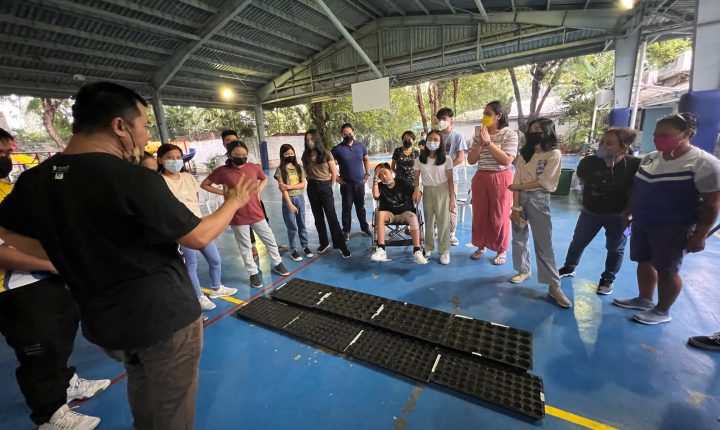
By Kristine Rachelle P. Estrera | Program Director, Adolescent Program | Maria Montessori Children’s School Foundation, Inc.
I have been teaching students in the Level 5 (16-18) of Maria Montessori Children’s School Foundation Inc. (MMCSFI) in Parañaque, Philippines since 2017. It’s a crucial time for the older teens as this is when they prepare for university and learn how to conduct themselves in a much bigger environment. Having seen three batches of Adolescent Program graduates, I am always amazed by how prepared they are for real-life experiences. Graduates have willingly come back to visit and share their experiences in their first year of University life, and they all had the same experiences to share – they were confident, ready to meet new people, and were not afraid to take on leadership roles.
We’ve seen how their full 6-year experience in a Montessori high school has helped them develop into confident leaders, especially during the pandemic. As true Montessori students, they have also developed a desire to help their younger peers cope with the pressures and difficulties of work, time management and preparing for University.
When I attended the Introduction to the Adolescent Program in March 2022, one of the main things on my mind was how to make our program more Montessori. As the new Program Director of the Adolescent Program, I looked for the gaps and what else was lacking. With the help of other senior teachers, and with my new insights from the training, we looked into different ways our adolescents can be immersed in three types of environment – working in the land, a store, and a residence. We wanted to see how we could accomplish this while being an urban Montessori school. With the teens excited to come back to class in person this year, what better way for them to get started than setting up an edible garden in the schoolyard!
We came up with a 3-day workshop together with the teachers on soil preparation and basic gardening. Wow, everyone was so excited and engaged! We have just finished the workshop and are hopeful that in two weeks, we can start replanting the seedlings prepared by the adolescents and adults.
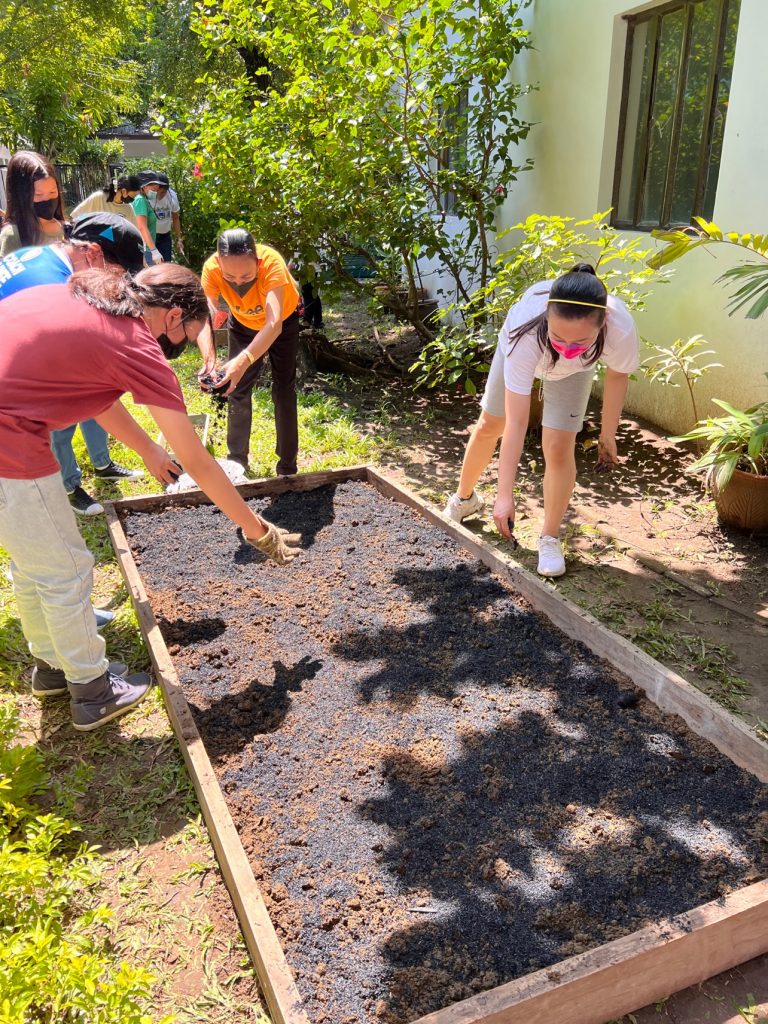
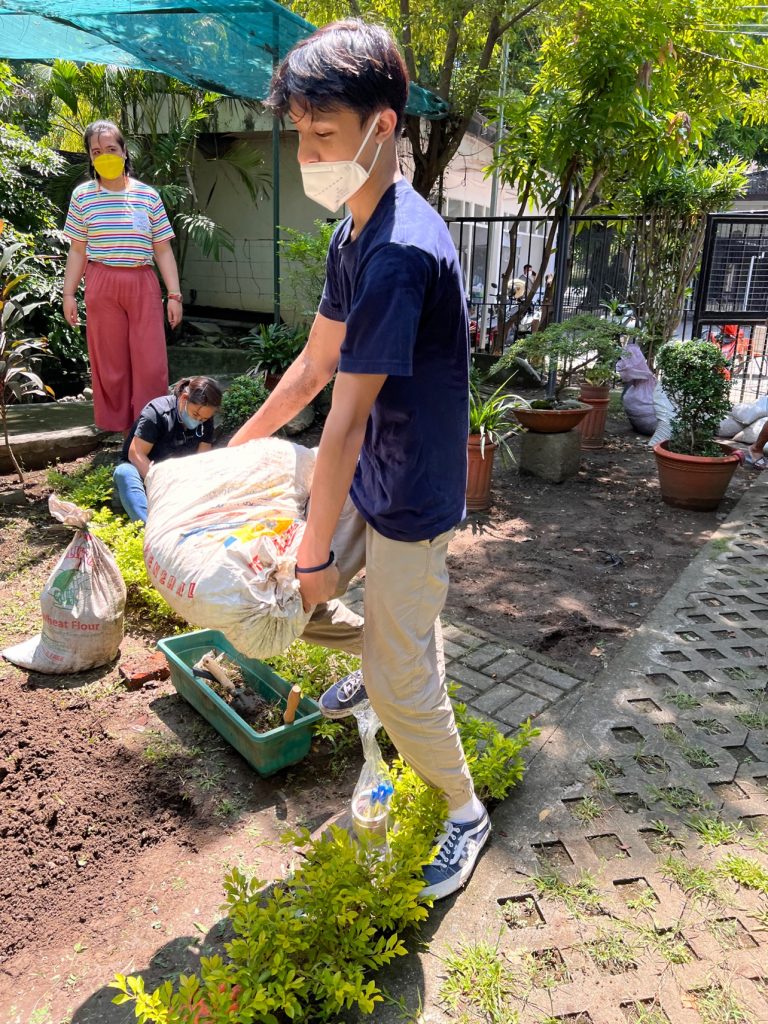
The new school year will commence in a couple of weeks and we are looking forward to doing more gardening so we can harvest some vegetables to cook for our cafeteria and who knows, may we can even sell them in the future! That would then lead to achieving our second environment – a store for the teens to sell their produce.
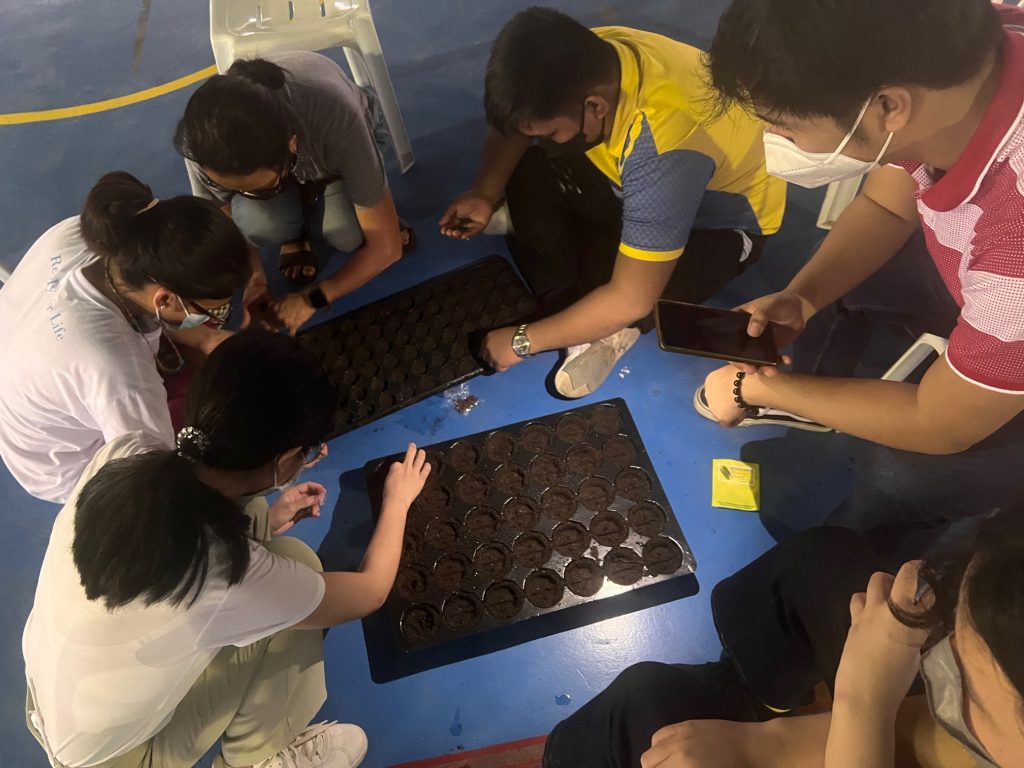
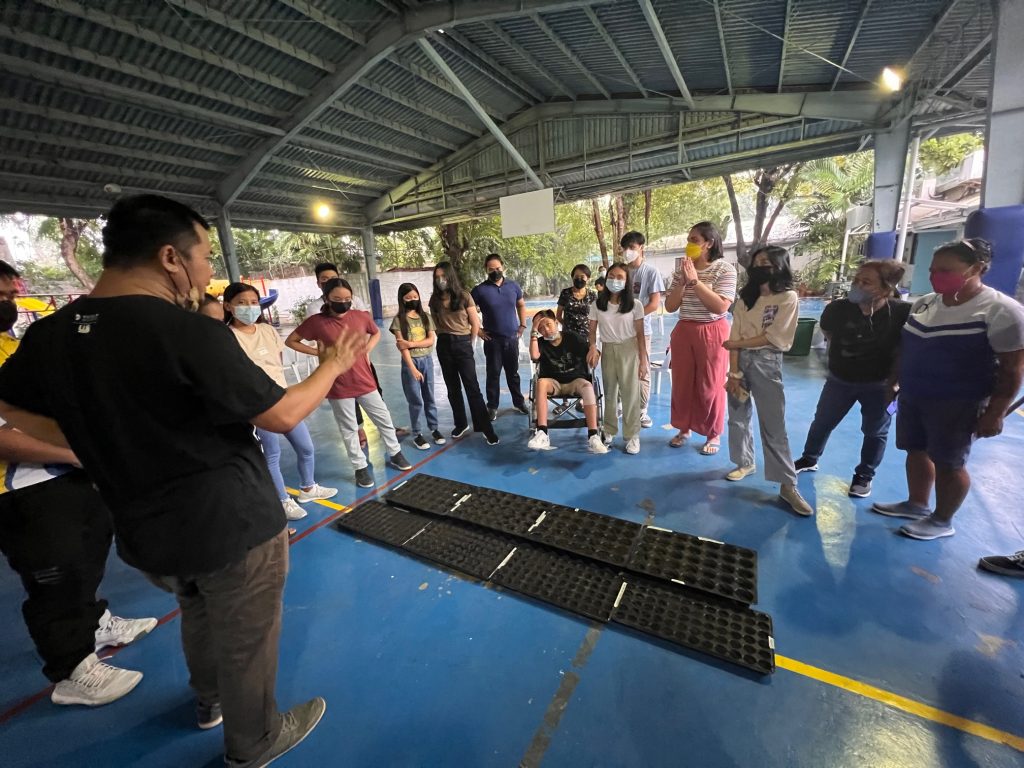
I know the AMI Introduction to Adolescents is just a primer to the Montessori principles I have enjoyed learning. With the new school year coming up, there is still so much to learn and experience, and more in-depth learning would definitely be beneficial not just for us educators but also for all the adults who work closely with the adolescents. I am truly grateful to be in such a positive and supportive environment especially for the adolescents.
